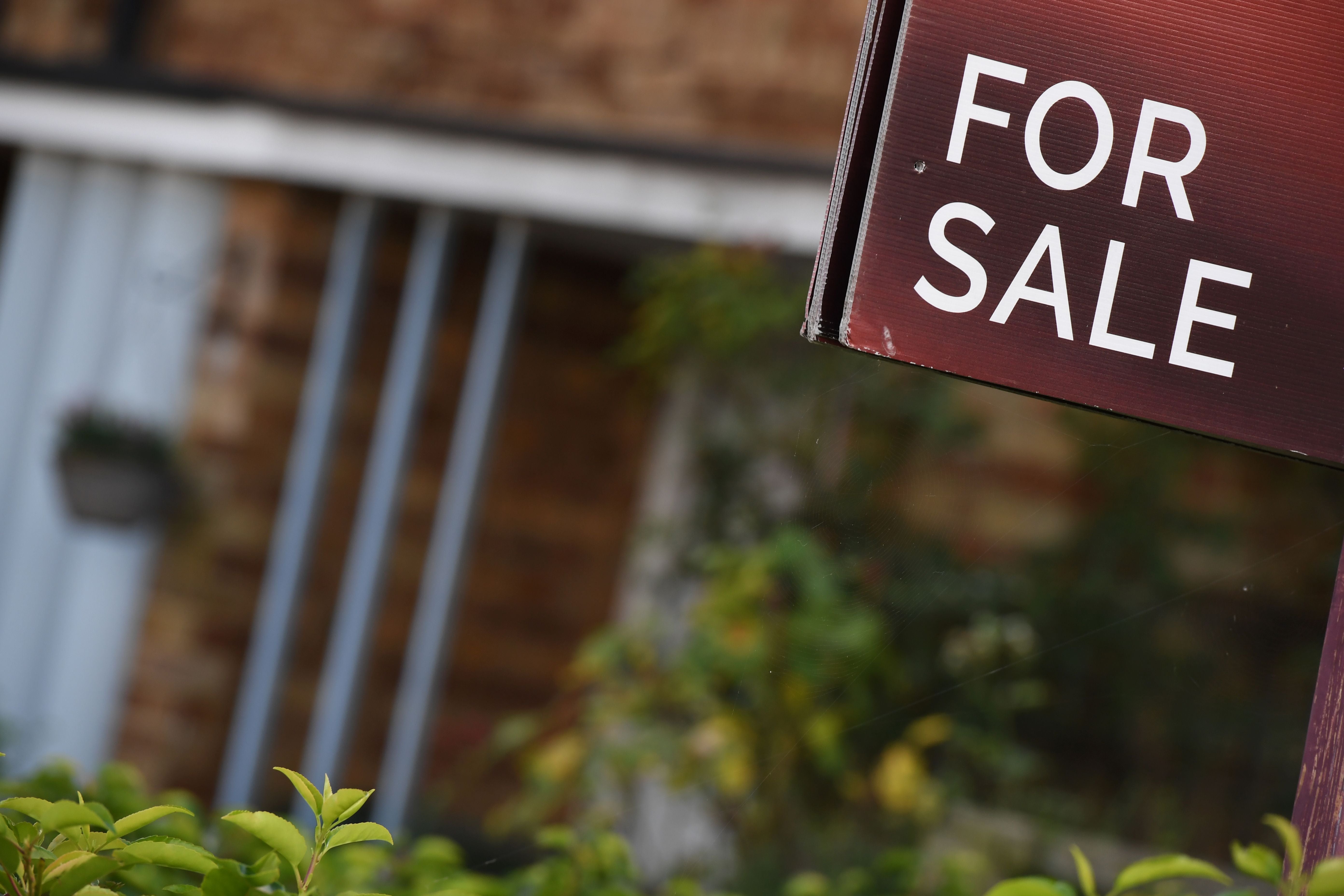Resolution calls for £11bn property levy to make Britain fairer but there’s a problem with that
The winners of the property lottery are sitting on huge windfalls they haven’t earned and taxing it is a good idea in principle. But politicians have crashed and burned with every attempt to make property taxes fairer, writes James Moore


The Resolution Foundation is possessed of a deep well of good ideas. Really, if it wasn’t around you’d have to invent it.
But its latest missive, on the subject of the vast trove of wealth built up by Britain’s homeowners, comes with a rather glaring problem. It’s a problem for a profoundly unequal country.
First to the idea: Resolution’s report Home County, produced in partnership with the abrdn Financial Fairness Trust, says that Britain’s homeowners are sitting on a collective £3trn that they haven’t earned or paid tax on.
Before people start saying, but, but, but, we paid our deposits and our mortgages, house price inflation has exceeded the consumer price index (CPI) inflation by 86 per cent above inflation over the last 20 years.
Wages, by contrast, haven’t grown by much, if anything, in real terms. So, yes, this is a windfall, one driven not by any endeavour but by a profound shortage of housing. Needless to say, it’s also a profoundly unfair windfall.
Take its distribution. The least wealthy third of households have gained less than £1,000 in property wealth per adult on average, compared to an average boost of £174,000 for the wealthiest ten per cent. The latter amounts to a small lottery win, and a lottery is what this is.
Consider the regional imbalance, which is also huge. Londoners have gained an average of £76,000 since 2000. The same figure for the northeast of England comes to just £21,000.
Then there’s the age imbalance. Those aged 60 plus have netted an average £80,000 compared to less than £20,000 for people aged under 40.
The report comes against a backdrop of a surge in personal taxation, notably through the planned national insurance hike, which is hitting working people hardest. Younger workers, who are likely to be grappling with significant debt loads, are being hit with particular cruelty. The tax rise is egregiously unfair.
Resolution argues for a solution that could level the playing field. Or level it up, if you prefer.
Primary residences are currently exempt from capital gains tax (CGT), by contrast to other assets which attract rates of between 10 and 28 per cent (although CGT is one of easier taxes to avoid if you have a smart accountant on your side).
The report says this could be fixed by changing that. A 28 per cent rate on all housing capital gains built up over the past 20 years, it says, could raise around £11bn a year.
Owners, however, would only have to pay after they had exited home ownership or passed away, although downsizing your home could also trigger a payment.
That’s potentially where the problems start: if it put people off from downsizing you further squeeze the stock of homes available to families exacerbating the housing crisis and some house prices. File that under “potential unintended consequences that would merit careful consideration”.
But perhaps I’m splitting hairs here, because the general principle is a sound one. What it would do is tax (largely unearned) wealth instead of hard earned income.
Which bring us to the problem. Wealth taxes are a great idea in principle (and full marks to the report’s authors for putting together a worked out proposal). People sometimes even tell pollsters they like the idea.
Trouble is, wealth tax proposals have a tendency to crash and burn in practice, especially when property is brought into the equation. The nation’s most influential media outlets tend to be consumed by people sitting on property windfalls, so a tax on them would inevitably be subject to detailed scrutiny. In other words, it would be picked apart and trashed because, readers. This is what it will cost you! Yah boo to the rotten politicians who’ve gone along with this!
There would also inevitably be a flood of stories about the poor folks getting crushed by the new tax even though they mostly won’t be poor and won’t really be getting crushed. Remember the wealthy elderly occupants of fancy houses about whom crocodile tears were shed the last time we were talking about mansion taxes?
Even a perfectly reasonable attempt to revalue homes for council tax purposes – a levy which gets more and more absurd by the year – crashed and burned under the Blair government.
Politicians of all stripes know that if you try and mess with property taxes you’d better watch out. Which is why they largely steer clear.
Perhaps the report we really need to see concerns how to sell wealth taxes, or just fairer property taxes. It mightn’t be one for Resolution. But somebody needs to pick it up because the UK exchequer is in dire need of revenue, and this goes beyond the NHS and social care, which will be the recipients of the unfair national insurance rise.
Making a charge on unearned wealth, as Resolution argues, would be much fairer. You could see it as levelling up in action. But persuading people to go for it? Or finding politicians with the conviction to push it through? That’s the real challenge.






Join our commenting forum
Join thought-provoking conversations, follow other Independent readers and see their replies
0Comments